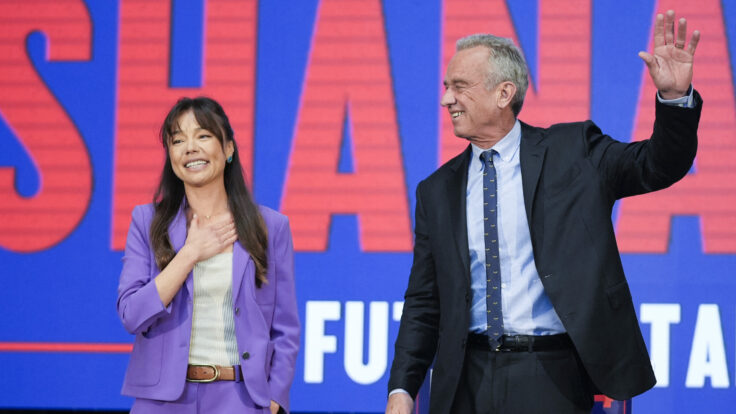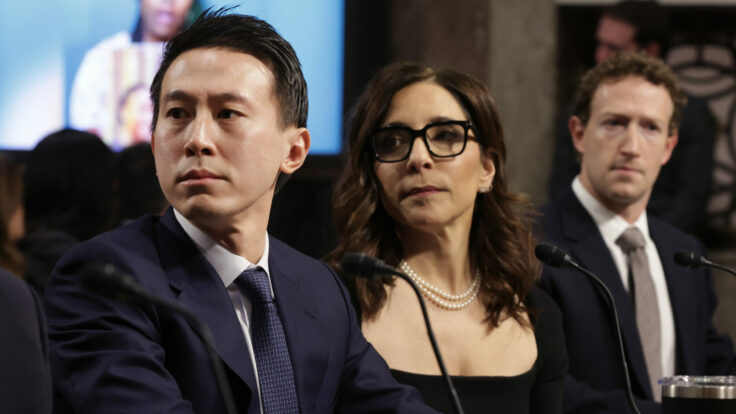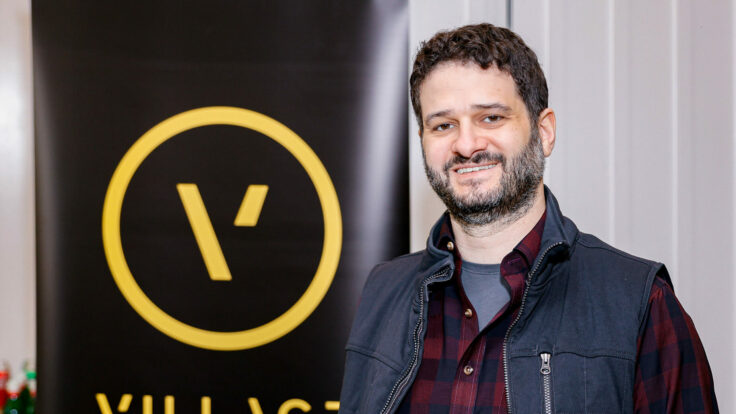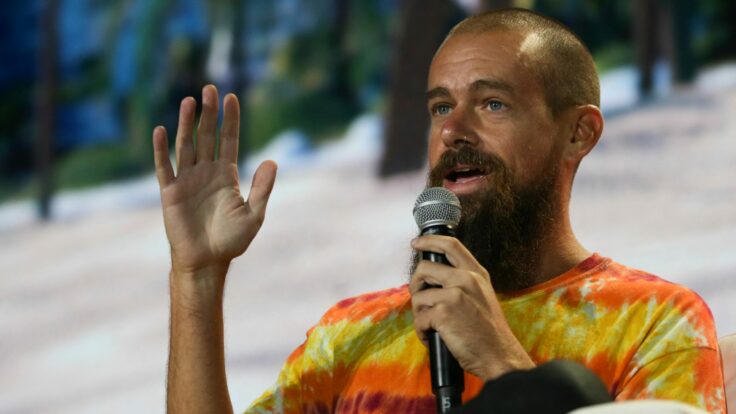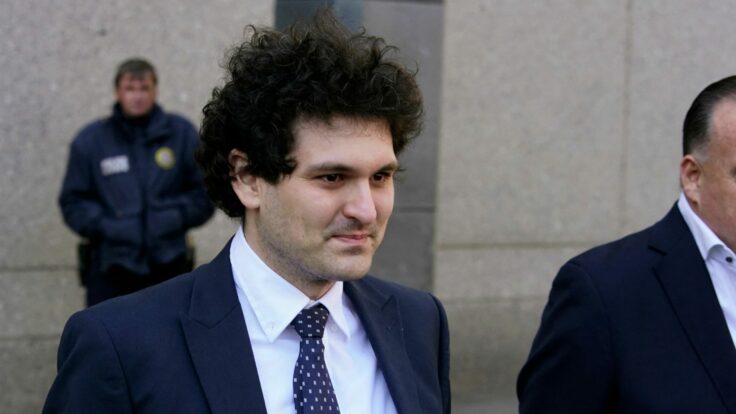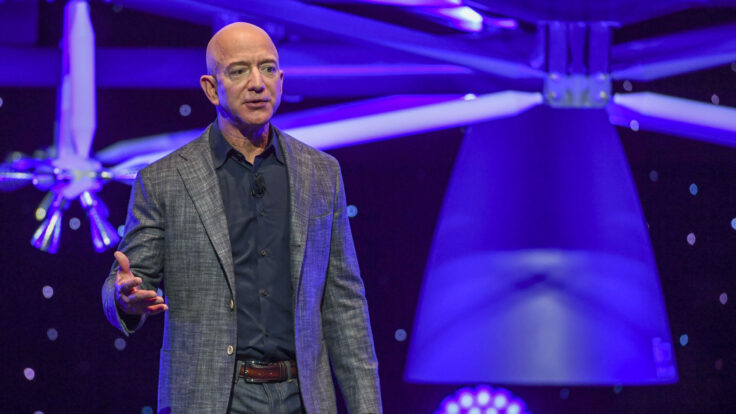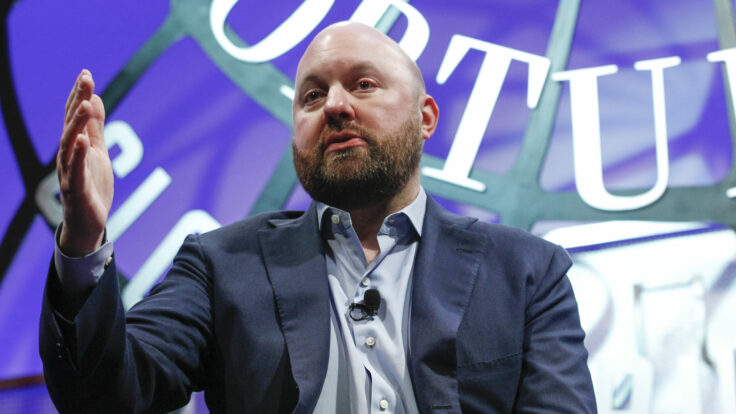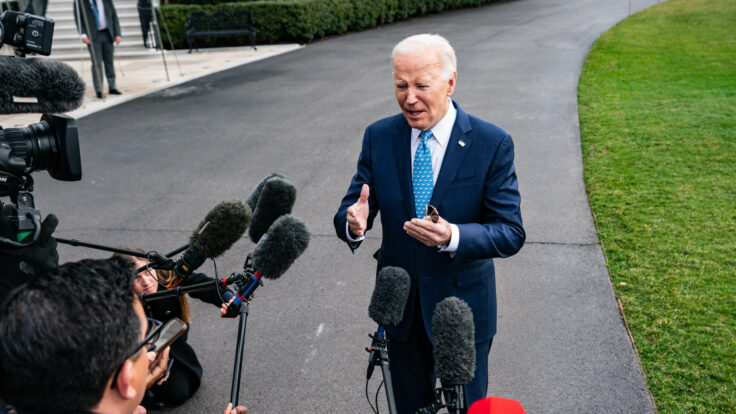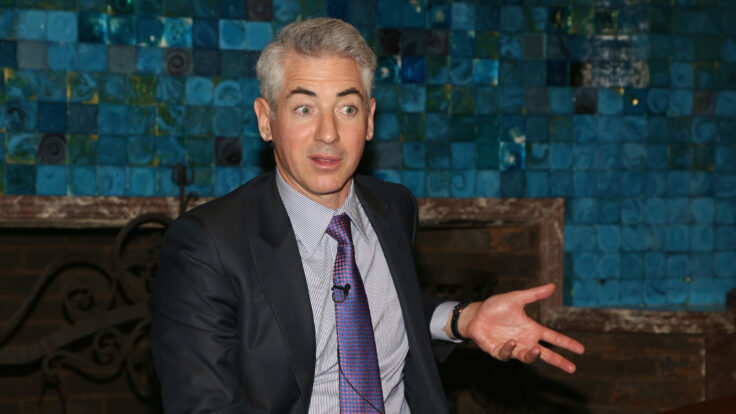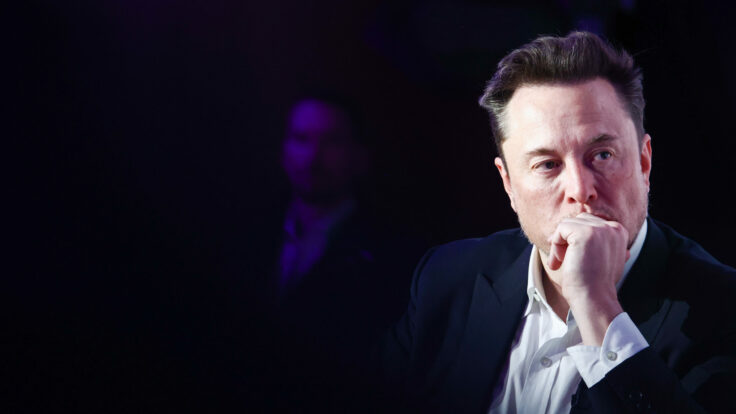For all of Elon Musk’s eccentricities—smoking a spliff with Joe Rogan, tweeting about a boner-killing Bill Gates—it is his financial quirks and contradictions that are most predictive of his Twitter endgame. The world’s richest man is famously illiquid, undiversified, and was largely uninterested, until last month, in operationalizing his assets in nonindustrial domains, such as Gates has done in philanthropy, or frenemy Peter Thiel in politics, or Steve Ballmer in sports. And yet even more than those other billionaires, the definitive feature of Elon’s extraordinary wealth creation has been a preternatural tolerance for risk, honed over the years by his messianic certitude, titanic successes, and near-failures.
Musk’s $44 billion purchase of Twitter, and the mega-confident impulsiveness with which he pulled together the financing, is the latest example of this trademark chutzpah. My partner Bill Cohan has written about the extraordinary risk that Musk is taking on, leveraging his Tesla stock so close to the bone in order to finance $12.5 billion of his Twitter bid. This fits a larger biographical pattern of economic cliff-jumping, often without looking: at the age of 27, according to Ashlee Vance’s biography, Musk took $12 million of the $22 million in proceeds that he got from selling his first company, Zip2, and immediately funneled it into starting his second, what eventually became PayPal. A few years later, Musk took the $180 million he made post-tax from selling PayPal and immediately flipped $100 million into starting SpaceX. As one Musk friend told me last week, “He’s doubled and tripled down on his prior companies when it was financially imprudent to do so.” This bet-the-farm mentality has only added to his legend.







